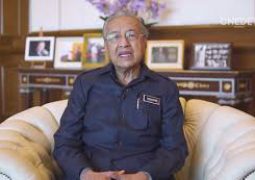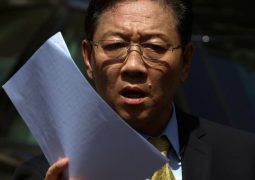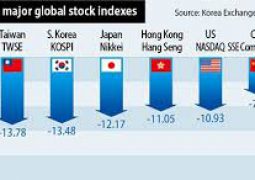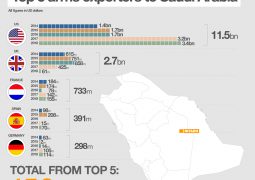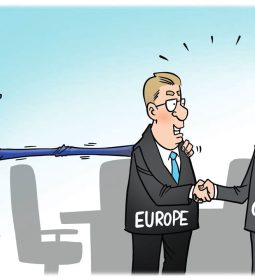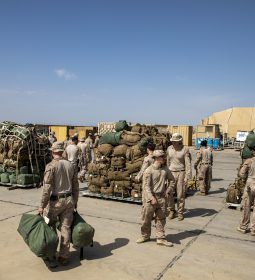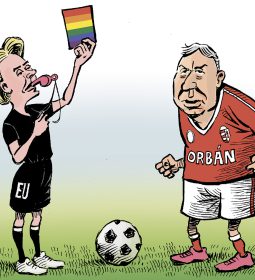In Push for Influence in North Africa, Russia Seeks U.S. Backing for Libyan Strongman
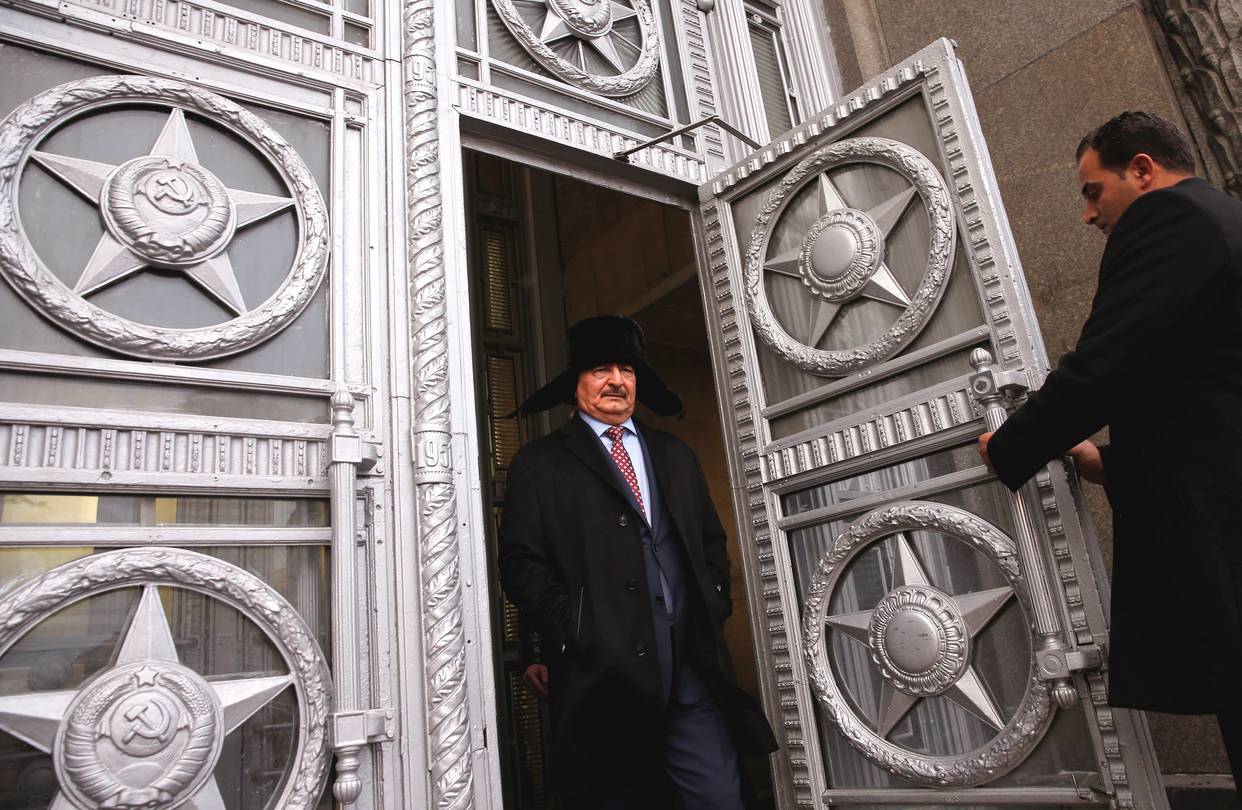
MOSCOW—The flagship of the Russian navy welcomed aboard a VIP as it cruised the Mediterranean in January: a Libyan general Moscow sees as the best chance to defeat Islamist extremists and re-establish order in the chaotic country.
The Kremlin’s growing embrace of Gen. Khalifa Haftar, a rival of the United Nations-backed coalition government in Tripoli, signals Moscow’s desire to extend its influence in the Middle East and North Africa after intervening in Syria’s war. Now the Russian government is courting the Trump administration to get its support for the controversial general, people familiar with the Kremlin’s thinking said.
Russia sees its role in the fight against Islamist terrorism as a selling point, and President Donald Trump and Russian President Vladimir Putin have touted the idea of Washington and Moscow cooperating to fight Islamic State.
Andrey Kortunov, director-general of the Russian International Affairs Council, which is close to the country’s Foreign Ministry, said Russia had through diplomatic channels made the case to Washington for “potential cooperation on international terrorism because Libya might become one of the major hotbeds.”
A person close to the Kremlin said Russian officials had spoken to officials at the U.S. National Security Council about Gen. Haftar, as well as efforts to combat Islamic State in Libya and Moscow’s desire to make oil deals in the crude-rich country.
Russia’s Foreign Ministry spokeswoman Maria Zakharova said the Kremlin hadn’t reached out to the security council about Gen. Haftar. A White House National Security Council spokesman didn’t respond to a request for comment.
Even though Mr. Trump has said he desired closer ties with Moscow, following the recent resignation of national security adviser Michael Flynn, he said the political mood in the U.S. made it difficult for him to pursue a rapprochement.
Russian air power and special forces have helped turn the tide in Syria in favor of the country’s authoritarian president, Bashar al-Assad, and bolstered the Kremlin’s ambitions as a regional power willing to use military force in fractured states.
In Libya, an adviser to Gen. Haftar’s Libyan National Army, which controls much of the eastern part of the country, said Russia has sent midlevel military officers, including Arabic-speaking personnel from Russia’s predominantly Muslim Chechnya region, to help train its forces.
Ms. Zakharova said no Russian soldiers had been sent to aid Gen. Haftar.
Gen. Haftar and his spokesman couldn’t be reached for comment. A spokesman for the Libyan National Army, which Gen. Haftar leads, didn’t respond to questions about the general’s contact with Russian officials and the presence of any Russian forces in Libya.

Gen. Haftar, seen by critics as a would-be autocrat in the mold of late Libyan dictator Moammar Gadhafi, has traveled to Moscow twice in the past eight months and has requested weaponry, people close to the Kremlin said, despite a U.N. arms embargo.
Moscow says it maintains contact with all sides in Libya in the interest of finding a political solution to divisions in the country. Ms. Zakharova, the ministry spokeswoman, has described Gen. Haftar as “one of the political heavyweights who has real influence on the balance of political forces in modern Libya.”
Before Gadhafi’s demise, Libya was a long-standing ally of the Soviet Union and Russia. Mr. Putin opposed the North Atlantic Treaty Organization’s intervention that helped topple him. Observers say the loss of Libya as a client for Russian arms sales was a factor in Mr. Putin’s decision to boost support for Mr. Assad.
“Russia wants to help Haftar become the absolute leader of Libya, the way it did with Assad,” said Alexey Malashenko, the chief researcher at the Institute for the Dialogue of Civilizations, a think tank with ties to the Kremlin. He said he believes Russia “is very ready to provide assistance” in the form of weapons to Gen. Haftar.
A Defense Ministry spokesman declined to comment on any discussions of supplying arms to Libya.
Washington has largely kept its distance from Gen. Haftar, who has had links to the American Central Intelligence Agency and was part of an effort to oust Gadhafi in the late 1980s. He went on to live in the U.S. for two decades. The general returned to Libya in 2011, as rebels fought to remove Gadhafi from power.
After Gadhafi was killed and Libya splintered into disarray, Gen. Haftar pulled together a fighting force and went on the offensive against militant groups. His forces have scored some gains against Islamic State and regained control of some oil installations.
U.S.-backed forces have also made progress in the coastal city of Sirte and took over Islamic State’s headquarters last year.
European countries have lobbied Russia to use its influence with Gen. Haftar, who has received support from Egypt, the United Arab Emirates and Saudi Arabia, to get him to reconcile with the Tripoli government, which has broad international backing.
The leader of the U.N.-backed government, Faiez Serraj, was expected to arrive in Moscow in the coming days, Russian news agency Interfax quoted the deputy foreign minister, Mikhail Bogdanov, as saying on Monday.
The Government of National Accord, with which Gen. Haftar has refused to join hands, sent a request to NATO in February for help to improve its security and defenses.
NATO had agreed at a summit last year that it would offer support to the government, which Europe wants as a bulwark against migration from the North African country.
—Benoit Faucon, Tamer El-Ghobashy, Hassan Morajea and Paul Sonne contributed to this article.
- Previous Indian GDP Growth Hurt by New Delhi’s Cash Crackdown
- Next The Muslim Brotherhood: Terrorists or Not?



